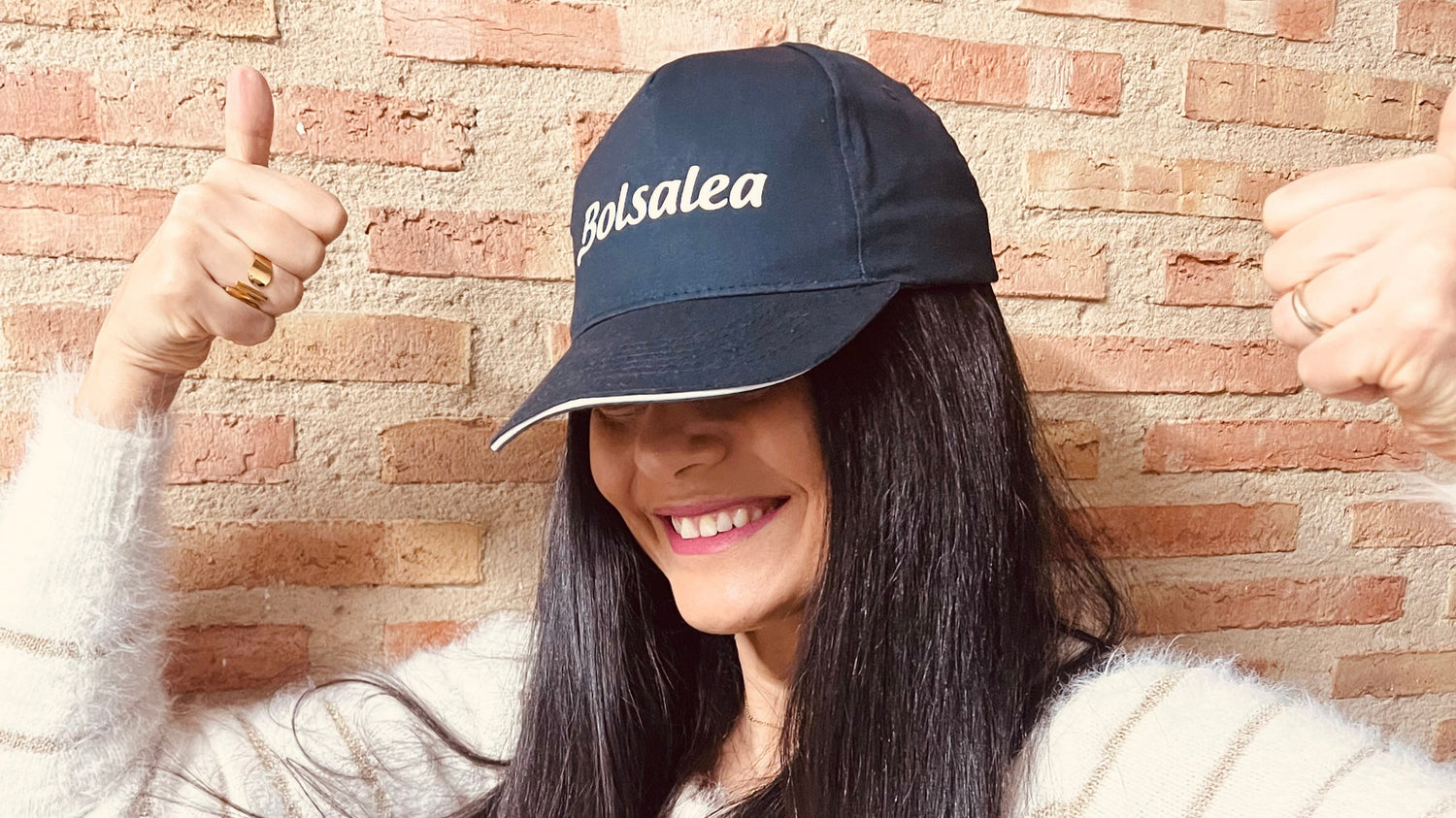Innobound est un pôle d'innovation verte qui accompagne les entrepreneurs et les PME dans le développement d'initiatives à impact écologique et social. Sa mission est de transformer les idées en solutions concrètes pour relever les grands défis de l'Europe.
Nous avons discuté avec Thais Glod , fondatrice d'Innobound et ambassadrice du Pacte européen pour le climat, de sa carrière, des défis de l'entrepreneuriat à impact et des clés pour conduire la transition verte par l'innovation.

De la métallurgie à l'innovation d'impact
Le parcours de Thais a débuté au Venezuela, où elle a suivi une formation d'ingénieur métallurgiste et travaillé comme chercheuse appliquée dans le secteur minier et métallurgique. Son objectif : trouver des technologies plus propres pour réduire l'empreinte carbone de l'industrie lourde.
Son premier patron, qui l'a encouragée à suivre un master en gestion de l'environnement, a joué un rôle clé dans son parcours. « Elle m'a fait prendre conscience de l'impact réel de notre mode de vie : voitures, maisons, téléphones, ordinateurs, Internet… tout laisse une empreinte, et nous n'en sommes généralement pas conscients . »
Ce constat l'a conduite à créer une formation en gestion environnementale pour les ingénieurs, à encadrer plus de 120 initiatives durables et à fonder cinq projets à impact : Innobound , TRL+ , Asociación Nosotras , Ahimsa et Único . Elle est également ambassadrice du Pacte européen pour le climat depuis trois ans. Son objectif, selon ses propres mots : « Laisser un monde meilleur que je ne l'ai trouvé. »
Innovation régénératrice et technologie verte
En tant que Green Tech Scouter , Thais recherche des technologies propres à fort potentiel qui n'ont pas encore atteint le marché.
En tant qu'ambassadrice du Pacte européen pour le climat, l'un de ses principaux engagements a été de faire connaître plus de 100 solutions innovantes qui peuvent contribuer à atteindre l'objectif ambitieux, mais possible, du Pacte vert : faire de l'Europe le premier continent à zéro émission nette d'ici 2050.
« La durabilité ne suffit plus. Nous parlons désormais de solutions régénératrices, celles qui ne se contentent pas de réduire l'impact, mais créent des effets positifs », explique-t-elle. Parmi celles-ci, elle met en avant l'agriculture régénératrice, les solutions fondées sur la nature (SFN), l'économie circulaire et la construction écologique.

Innobound : les défis de l'entrepreneuriat durable
Chez Innobound, ils soutiennent des projets via le programme Rural ClimAccelerator et leur ligne d'innovation ouverte Innolabs , aidant les solutions à un stade avancé à atteindre le marché et à attirer des investissements.
Parmi les principaux défis auxquels sont confrontés les entrepreneurs durables, Thais en souligne deux : la mesure de l'impact et la maturité commerciale . « Traduire la valeur sociale et environnementale en termes économiques reste un défi », remarque-t-elle. De plus, de nombreuses technologies de pointe sont techniquement prêtes, mais pas encore commercialisables. « Il y a souvent un conflit de langage entre la science et le monde des affaires . »
C'est pourquoi Innobound accompagne les équipes dans leur stratégie d'investissement , en combinant financements publics pour les phases initiales et investissements privés pour le développement industriel. Ils les accompagnent également dans les appels à projets européens, essentiels à la validation des modèles économiques et à la visibilité de leurs projets.
Collaborer pour innover : un impact concret
L'un des piliers d'Innobound est la co-création . « L'innovation se produit aux confins du savoir, là où les disciplines se rencontrent : art et science, villes et zones rurales, recherche et marché. » À titre d'exemple, Thais met en avant un projet de symbiose industrielle où les déchets d'un pôle minier ont été transformés en matière première pour d'autres secteurs.
Pour elle, « notre défi n'est pas technologique, mais mental. Nous devons passer d'une pensée cloisonnée à une pensée collaborative. Atteindre les objectifs du Pacte vert ne sera possible que grâce à une collaboration radicale . »
Stratégie de financement pour les entrepreneurs
D'après son expérience, l'un des principaux défis des startups à impact est de trouver la stratégie de financement la plus adaptée. « Le financement public est idéal pour les premières phases, mais pour le développement à grande échelle, l'investissement privé, comme les fonds d'investissement ou les fonds d'impact, est essentiel », explique-t-elle. Chez Innobound, nous accompagnons les startups dans cette démarche en participant à des programmes européens et en associant les soutiens publics et privés.
La clé de la croissance et de la consolidation
Lorsqu'on lui demande ce qui distingue les projets qui parviennent à se consolider, Thais répond sans équivoque : « L'essentiel, ce sont les personnes . Un leader doté d'une vision claire et d'une équipe engagée fait toute la différence. Et un réseau de soutien solide peut déterminer la réussite ou l'échec. »
Le rôle essentiel des PME
Pour Thais Glod, les petites et moyennes entreprises (PME) jouent un rôle essentiel dans la transition vers une économie plus durable. Elles représentent 95 % des entreprises espagnoles, ce qui signifie que sans leur implication, les objectifs du Pacte vert ne seront pas atteignables.
Elle prévient toutefois que l’un des principaux défis est de s’éloigner de la pensée cloisonnée et de se diriger vers une collaboration systémique .

Connectez-vous à l'écosystème et n'abandonnez pas : la clé de l'entrepreneuriat d'impact
Pour ceux qui souhaitent avoir un réel impact en matière de développement durable, Thais offre un conseil simple mais précieux : apprenez à connaître l'écosystème et à vous y connecter . « Renseignez-vous sur qui est qui, quels acteurs font quoi, participez aux réseaux et connectez-vous », conseille-t-elle.
À mesure que les idées sont partagées, l'environnement commence à réagir. Et si le chemin n'est pas toujours facile, la clé réside dans la persévérance : la patience, la confiance dans le processus et la persévérance. Car les bonnes idées, lorsqu'elles sont alignées sur un objectif clair et nourries par la collaboration, trouvent toujours leur place.






